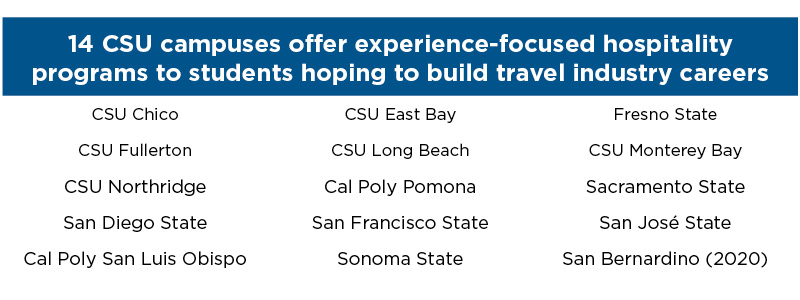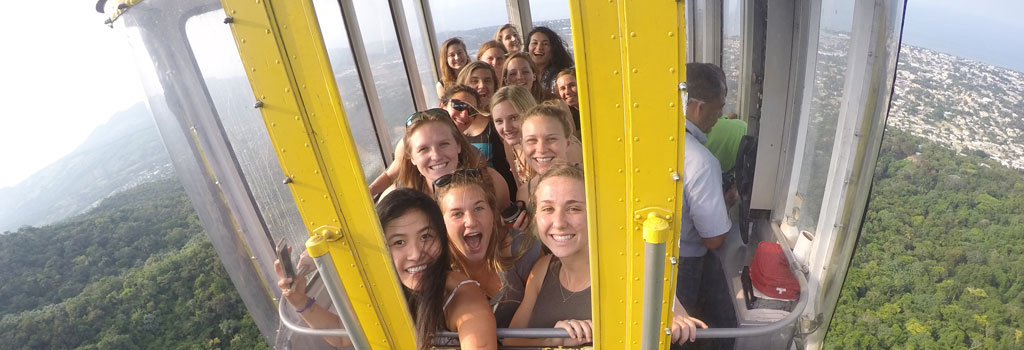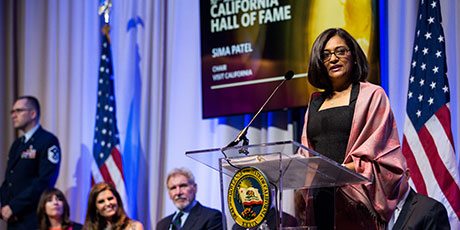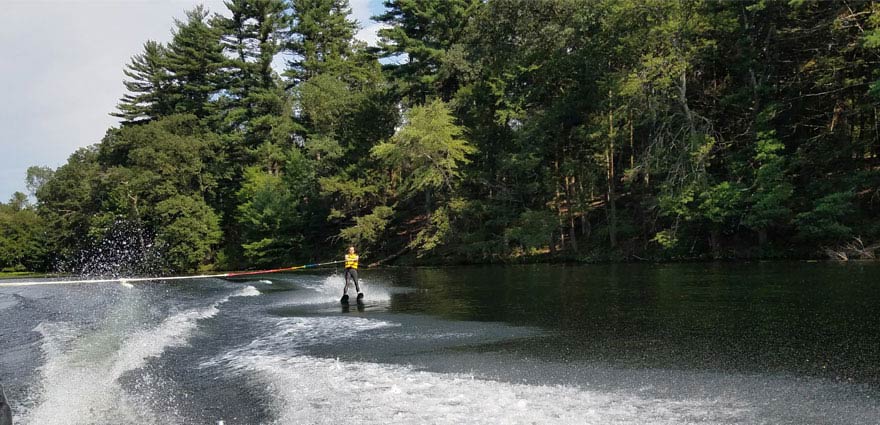The head of experience industry management at Cal Poly San Luis Obispo is helping to prepare nearly 400 undergraduates every year for careers curating such travel experiences for more than 250 million people who visit California annually.
With California’s economy powering near full employment, tourism and hospitality employers are working overtime to field a full team. An array of higher education degree programs at community colleges and California State University are teaching young people the latest skills and helping to fill openings.

Working in hospitality now means learning to master “customer journey mapping,” Hendricks said.
“Festivals, concerts and the entertainment world are more intertwined now with hospitality and tourism,” he said. “Students are also more aware of sustainability operations and issues. The scope of the program is broader where it used to be accommodations and food and beverages, now it’s looking at Live Nation and theme parks.”
Hospitality & Tourism Alliance
"The 14 CSU campuses in the system’s Hospitality & Tourism Alliance granted degrees to 880 graduates in the spring, with most students employed by the time they receive their diplomas."
Cal State San Bernardino’s Palm Desert campus is launching a hospitality degree program in fall 2020.
Collins College, one of only seven colleges in the country exclusively focused on hospitality management, teaches the kind of software, social media and administrative skills sought by larger tourism industry companies, Dopson said. San Diego State University has partnered with the event planning firm Meetings Professional International to develop curriculum and and other parts of the program.
In total, 10% of the state workforce is employed in the hospitality industry, estimates a Visit California-commissioned study.
“If you have a family-owned business, lots of those folks work their way up from the bottom, and that small business development to this day is a big part of the industry,” Dopson said. “Usually the larger C-corps hire students.”
Where the jobs are
Many graduates from San Francisco State’s Department of Recreation, Parks & Tourism work at destination management organizations such as Visit California and San Francisco Travel that market cities or whole regions to domestic and international travelers, said Pavlina Latkova, an associate professor in the department. About 65 undergraduates a year work toward a degree in the department, while SF State’s business school offers an even larger degree program focused on hospitality and tourism management.
SF State graduates also find jobs in event planning, tour operators and hotel management, again with an emphasis on travel experience curation, Latkova said. That could mean helping to create a guided visit to the Oracle Arena, when the Golden State Warriors are off court, or environmental-themed tours of organic or solar panel farms.
“We teach computer-based skills, Office and Excel, exposure to Salesforce, software used for management of hotels,” Latkova said. “Students are exposed to Photoshop and Illustrator, GIS focused on outdoor education and recreation.
“Afterward, some students focus on cruise lines or amusement parks,” she said. “It depends on where the industry takes them.”
First time in a hotel
In some cases, students in CSU hospitality management programs may have never spent a night in a hotel before or taken a proper vacation – experiential or otherwise.
For those students, enrolling in a hospitality degree program can serve as an introduction to the travel industry itself, said Jodi Braverman, the alliance’s director of programs and industry relations. Scholarships are available to help some students complete their degrees.
“We’ve learned over years it’s hard to sell a student on studying hospitality if they haven’t spent a night in a hotel,” Braverman said. “This is our way to show them this industry exists and all the career paths that are available to them.”
Sustainable travel, other travel trends
Other than experiential travel, the alliance has identified other priorities in its programs: keeping up with hospitality industry tech trends, preparing graduates to work in business meeting strategy, developing sustainable travel and keeping an eye on future disruptions in the travel industry.
Hendricks said admission to Cal Poly San Luis Obispo’s program has become increasingly competitive as more students discover new opportunities in the industry. At the same time, travel industry companies have struggled this year to recruit workers as the state hits full employment.
Full employment doesn’t mean more specialization and training are not needed to travel industry careers.
“We are drawing students who have been in leadership positions in high school, at the front desk of a hotel or a lifeguard or had own their own small business,” Hendricks said. “They have a service to others mentality and want to do something unique and provide experiences for visitors.”
Leialiiakamakua (Lei) Asato earned her bachelor's degree from SF State in recreation, parks, and tourism administration before working for the San Francisco Travel Association and now, Olivia Travel, a lesbian travel charter company, where she's an operations coordinator. She sees her career growing to better incorporate social responsibility in travel whether it's environmental sustainability or economic equity.
"The field of tourism offers variety, which translates well to adventure and why many might get involved in tourism," Asato said. "Initially, I kept telling myself that the reason I wanted to work in the travel and tourism industry was to position myself for a great career in Hawaii in an industry that would always be financially stable. After growing a relationship with the industry, and respect for those working every day in it, I continue wanting to work in tourism because of the new and unique experiences that are not replicated in other industries."
Top photo by Irene Ouyang, at the Cal Poly class on sustainable tourism, visiting the Dominican Republic.


